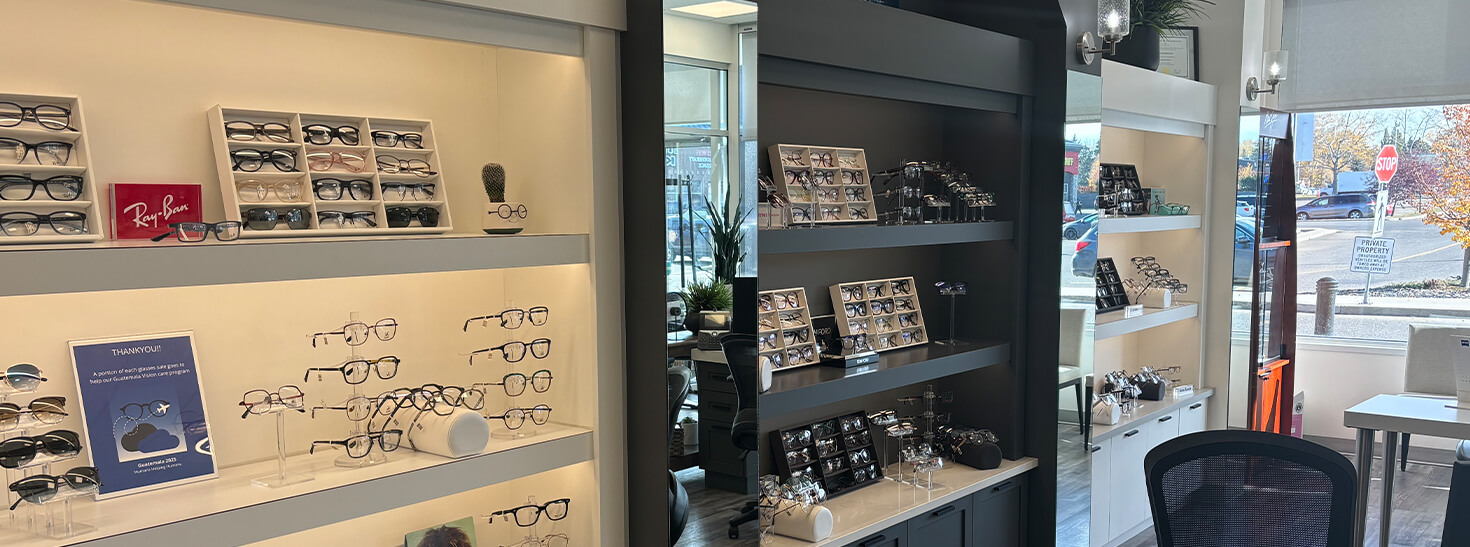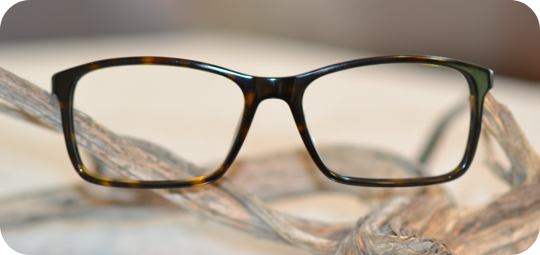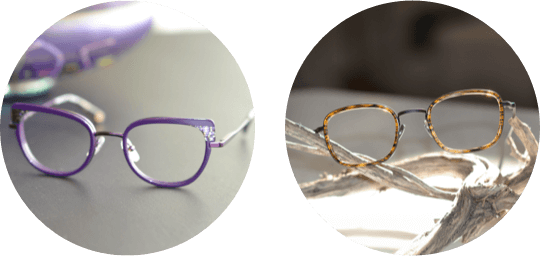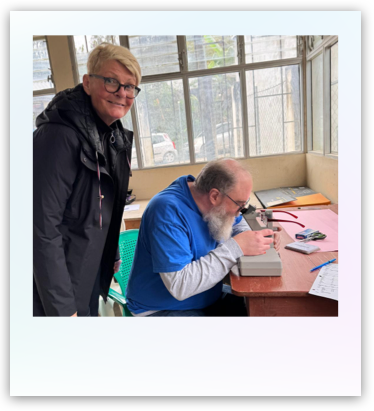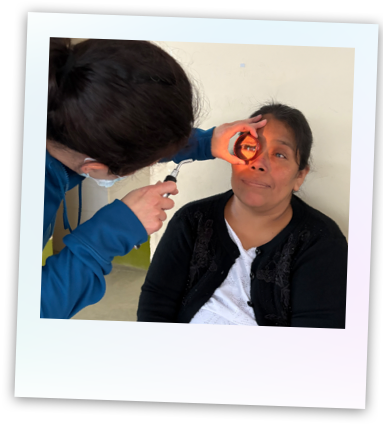Contact lenses can be a great alternative to wearing eyeglasses. They can be more convenient and hassle-free and they don’t fog up!
Have you tried wearing contact lenses and given up on them because they didn’t quite work for you? Wearing contact lenses can cause dry eyes, although this can be treated and avoided by following some easy steps.
What Are Dry Eyes
Dry eyes are a condition of the eye occurring when tears do not flow naturally or do not reach the surface of your eyes as they should. There could be several reasons for this:
- Tear volume: when production glands in the eyes don’t produce enough tears to hydrate the eyes.
- Tear quality: when the tear film lacks one or more substances making up tears, such as water, oils, or mucous.
On the other end of the spectrum, dry eyes can also create more tears instead of less. In a condition known as reflex tearing, the body overproduces tears to compensate for lack of moisture.
The causes of dry eyes include natural aging, side effects of certain medications, allergies, other eye diseases, and conditions such as rheumatoid arthritis and Sjogren’s syndrome. Dry eyes cause most people to feel eye discomfort in the following ways:
- Unusual burning or itching
- Gritty feeling in their eyes
- Redness
- Blurred vision
- Light sensitivity
If you experience these, a visit to your eye doctor is the first step to finding the cause and exploring solutions to protect your vision.
How Do Contacts Cause Dry Eyes?
In general, wearing contact lenses do not lead to much discomfort or irritation. When they do, it may be from the following causes:
Improper Wear of Contact Lenses
With initial signs of dry eyes, you may want to assess whether or not you’re wearing your contacts properly. There’s a risk of dryness and irritation caused by the contact lens improperly resting on the eye.
Type of Contact Lenses
There are also times when a particular type of contact lens is not suited for your eyes. Soft lenses absorb more of the liquid from the tear film between the lens and the cornea, causing the lens to irritate the eyes. In this case, you’ll want to consult your eye doctor about which types of contacts would benefit you.
Improper Storage of the Lens
To avoid eye irritation caused by wearing contacts, ensure you’re storing them correctly and changing the solution daily. Reusing the solution or topping up might seem thrifty, but it can lead to a buildup of debris and bacteria and, ultimately, inflammation and infection.
Long Periods of Wear
Most contact lenses allow for enough oxygen to enter the eye. With prolonged wear, especially till the end of the day, people can experience dry, gritty eyes. If you already suffer from dry eyes, wearing contacts for long periods can worsen your symptoms.
How to Prevent Dry Eyes with Contacts
It is possible to prevent or minimize the symptoms of dry eyes without giving up your contact lenses. Speak to your eye doctor about your symptoms before considering the following treatment options:
- Go Contact-Free
Give your eyes a break and allow them to breathe by going contact-free for a few hours every day. The extra exposure to oxygen and lubrication from natural tear film production without the lens can help alleviate dry eyes.
- Proper Lens Care
Using the wrong lens solution for the type of contact lens you have and not cleaning your lenses can lead to dry eyes. You also risk developing an infection in your eye if the solution is not changed daily and if the lens container is not rinsed and dried between use.
- Using Eyedrops
Artificial eye drops provide relief from the symptoms of dry eyes. Medicated eye drops prescribed by an optometrist provide immediate relief from dry eye symptoms and stimulate natural tear production.
- Lens Type
Changing the lens type or lens shape can help those who suffer from dry eyes when wearing contact lenses. Silicone-based hydrogel lenses help prevent evaporation of water from the eye and have good oxygen permeability. Hard lenses don’t absorb tears as much compared to soft lenses, which do.
For more severe cases of dry eyes, scleral contact lenses have a larger diameter than traditional lenses and help to trap more moisture. These lenses also have a bulge in the center that vaults over the cornea.
- Remove Contact Lenses
You should also avoid wearing contacts if you have an eye infection or an eye injury that could be aggravated by wearing contacts. It can affect the curvature of the cornea and the contact-lens fit.
In this case, you can refrain from wearing contacts for at least a few days. It may be enough to get your eyes back in proper shape. For eye infections and injuries, always consult your optometrist on the best course of action.
Your Solution to Dry Eyes
Dry eyes may present as painful and uncomfortable to those who wear contact lenses. Contact lenses remove the natural tear cushioning from the eyes surface by limiting the amount of oxygen flow; therefore, contact lens wearers may feel further irritation from their lenses than those wearing eyeglasses and experiencing dry eyes.
If you notice symptoms, talk to Airdrie Family Eye Doctors to help diagnose, treat, and help prevent dry eyes. Are you in need of the right contact lenses? Find that perfect pair by booking your next contact lens exam and fitting.
